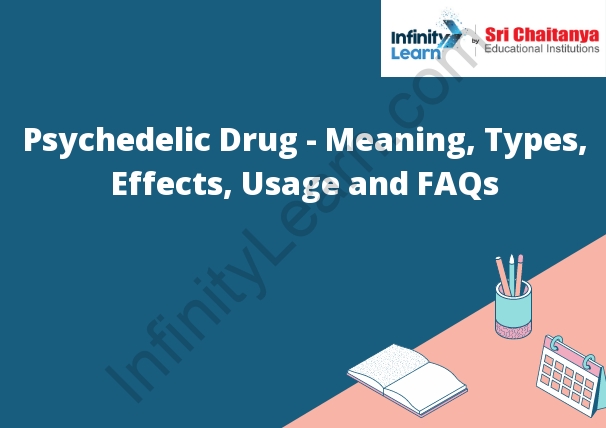Table of Contents
Understanding Psychedelic Drugs
Psychedelic drugs are substances that can cause profound changes in perception, mood, and consciousness. They are often called hallucinogens because they can produce perceptual distortions that make it seem as if the user is seeing, hearing, or feeling things that are not really there.
Psychedelic drugs include LSD, psilocybin mushrooms, mescaline, and DMT. They are not all equally powerful, and their effects can vary widely from person to person. Some people report profound spiritual insights and deepened self-awareness while using psychedelics, while others experience intense anxiety, paranoia, and fear.
Psychedelics work by binding to serotonin receptors in the brain. This causes the neurotransmitter serotonin to be released in higher quantities than usual. Serotonin is involved in mood, perception, and consciousness, so its release can result in the changes in mood, perception, and consciousness that are typical of psychedelics.
Psychedelics are not addictive and they do not cause long-term damage to the brain. However, they can be dangerous if used in an unsafe setting or if the user has a preexisting mental health condition. They should not be taken without the guidance of a qualified professional.

Define Psychedelic Drugs
Psychedelic drugs are drugs that cause perceptual and cognitive changes in the user, including changes in thinking, feeling, and perception. These drugs are also known as hallucinogens.
Types of Psychedelic Drugs
Psychedelic drugs are substances that cause changes in perception, mood, and consciousness. They are often called hallucinogens because they can cause people to see, hear, and feel things that are not real. There are many different types of psychedelic drugs, and they can be found in a variety of forms, including pills, powders, and liquids.
How are Psychedelics Used?
Psychedelics are used in a variety of ways, depending on the drug. Some are taken orally in pill form, while others are smoked or injected.
Effects of Psychedelics
Psychedelics are substances that produce perceptual and cognitive alterations in the user, including changes in thinking, mood, and awareness of the environment. Psychedelics are also called hallucinogens, because they can cause users to see, hear, and feel things that are not actually there.
Psychedelics can produce a wide range of effects, including changes in mood, perception, thinking, and awareness of the environment. The effects of psychedelics vary depending on the drug, the dose, the setting, and the individual.
Some of the most common effects of psychedelics include changes in mood, perception, thinking, and awareness. Psychedelics can also cause users to feel euphoric, energetic, and positive, or anxious, paranoid, and negative.
Psychedelics can also cause perceptual changes, including changes in the way users see, hear, and feel things. Psychedelics can also cause changes in thinking, including changes in the way users think about themselves, others, and the world around them.
Psychedelics can also cause changes in awareness of the environment, including changes in the way users perceive time, space, and their own body. Psychedelics can also cause users to feel more connected to their environment, or more detached from it.
Usage of Psychedelics with Other Drugs
Psychedelics are not typically known to be addictive, and are not known to have any serious adverse health effects when used responsibly. However, psychedelics should never be mixed with other drugs, as it can be very dangerous. Psychedelics can amplify the effects of other drugs, which can lead to serious health problems, including death.
Dependence and Tolerance of Psychedelic Drugs
Psychedelic drugs are substances that can produce profound changes in perception, mood, and consciousness. They include LSD, psilocybin (magic mushrooms), mescaline (peyote), and ayahuasca. Psychedelic drugs are not addictive, but they can be psychologically dependence-forming. Tolerance to psychedelics drugs develops rapidly, so users need to increase the dose to get the desired effects.









